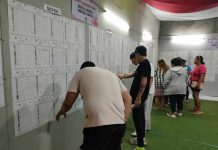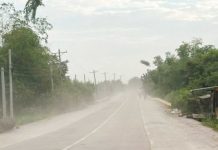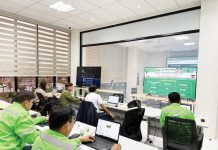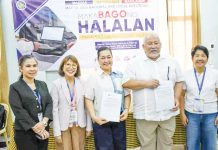
ILOILO City – Women are more vulnerable to human trafficking in Western Visayas, data from the Department of Social Welfare and Development (DSWD) Region 6 revealed.
Nine out of 16 human trafficking victims in the region in the first half of 2018 are women, the data showed. The other seven victims are men.
Janice Brasileño, focal person of DSWD Region 6’s Recovery and Reintegration Program for Trafficked Persons, said the most common kind of trafficking during the period was forced labor, which totaled to eight cases.
Prostitution followed with six cases and sexual exploitation with two cases.
Brasileño said female victims were trafficked for prostitution and commercial sexual exploitation while male victims, for forced labor and commercial sexual exploitation.
“The data also showed that it is not only women who are now victims of sexual exploitation but also men,” Brasileño said, adding that there are recorded cases now of commercially sexually exploited of male children in Western Visayas.
Human trafficking refers to the “recruitment, transportation, transfer, harboring or receipt of persons by means of threat or use of force or other forms of coercion, abduction, fraud, deception, abuse of power, position of vulnerability or giving or receiving of payments or benefits to achieve the consent of a person having control over another person, for the purpose of exploitation,” according to the United Nations (UN) Convention against Transnational Organized Crime.
Human trafficking is a serious crime and a grave violation of human rights, the UN added.
According to the DSWD, it robs 25 million people around the world their freedom and constitutes an estimated $150-billion global industry.
Brasileño said social media is used by traffickers, citing that in the region there is a recorded case of online sexual exploitation of children.
She also said there are instances that parents are involved, acting as facilitators.
“This is an easy and fast transaction. Parents thought this is a low-risk business since there is no abuse occurring because there is only the web camera, the child and the customer abroad,” added Brasileño. “However, the effect of this to the child once the video or photo is uploaded is devastating. For now, we don’t have a mechanism to stop once this video or photo is spread.”
Brasileño said trafficking cases must be reported to the nearest local police, local social welfare office or any RIACAT agencies.
Anyone can report these cases by dialing the national action line (02) 1343 or the DSWD Region 6’s trafficking helpline 09085951410 or (033) 509-3718. (With a report from PIA/PN)






